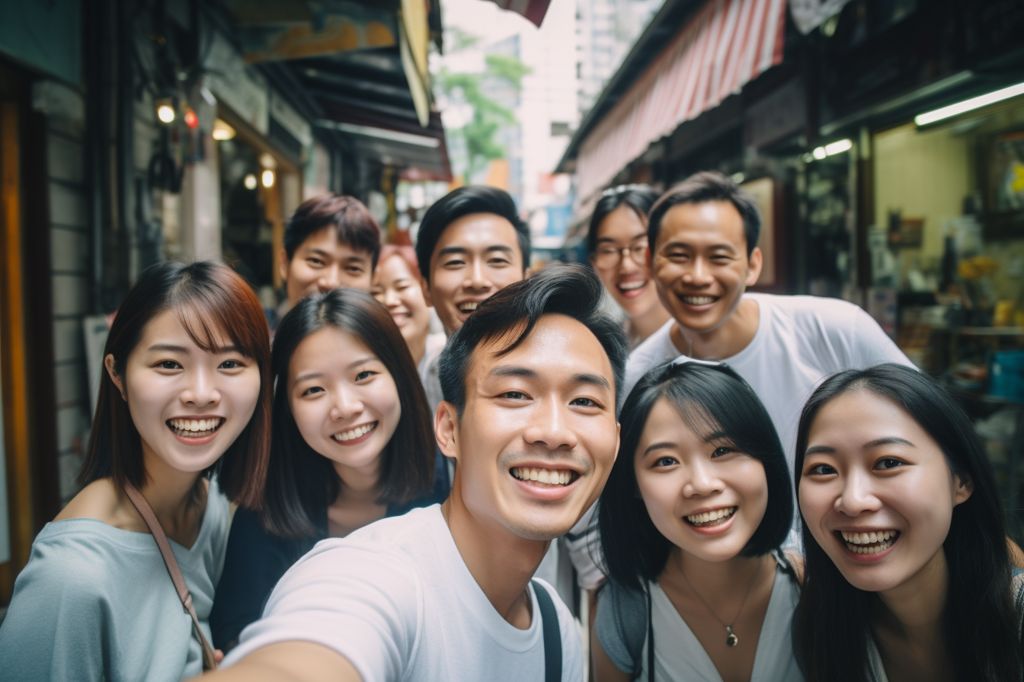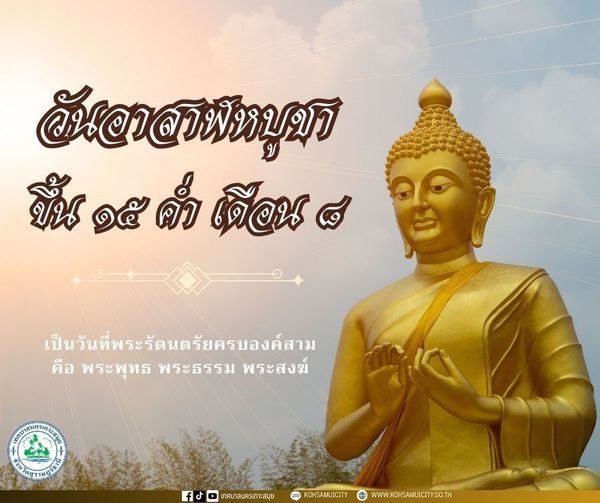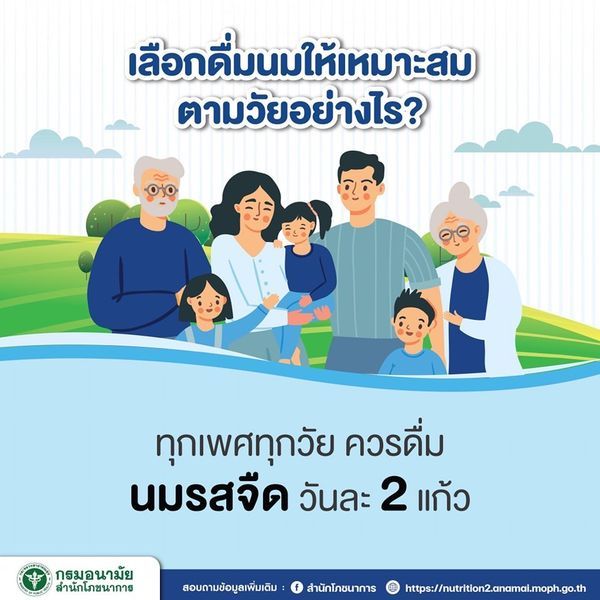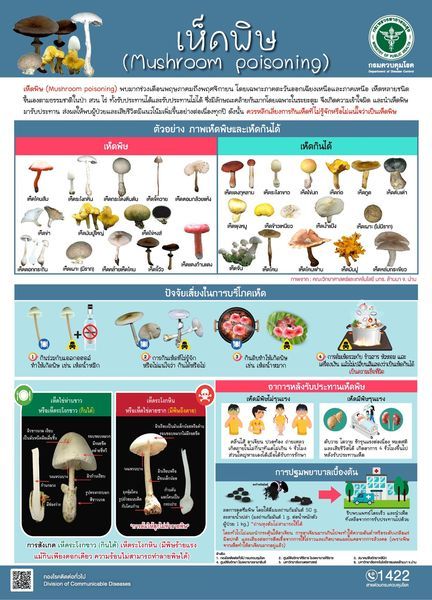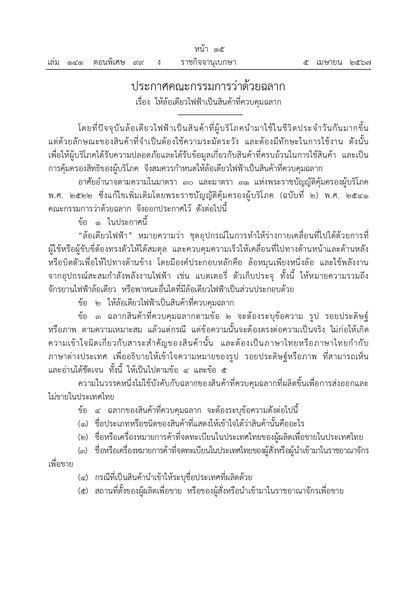Strengthening Bilateral Relations and Boosting Tourism
Prime Minister Srettha Thavisin of Thailand is scheduled to visit China from October 8-10, aiming to discuss ten key topics with the Chinese government to strengthen bilateral ties and enhance Thai-Chinese tourism cooperation. The upcoming expiration of the Thai-Chinese memorandum of understanding (MoU) on the loaning of Chinese ambassador pandas to Thailand has prompted this discussion.
Tourism Cooperation and Visa-Free Scheme
Tourism cooperation is among the top priorities for both countries during this visit. Thailand’s government spokesman, Chai Wacharonke, confirmed the subject’s importance. Recently, the Thai cabinet approved a visa-free scheme for Chinese and Kazakhstan travelers, valid from September 25 until February 29 next year. The visa-free program led to a significant increase in bookings from Chinese visitors, particularly in the northern province of Chiang Mai.
Maintaining Balance in International Relations
When asked about Thailand’s intentions to balance its relationships with the US and China, Mr. Chai stated that there was no such agenda. Thailand currently treats both countries equally as its two major trade partners. During the 78th Session of the United Nations General Assembly (UNGA78) in New York City, Prime Minister Srettha will have the opportunity to meet with US President Joe Biden, US trade representatives, and major US companies.
Security Measures for International Visitors
Prime Minister Srettha emphasized the importance of providing security for international visitors in Chiang Mai, particularly in light of the surge in Chinese tourist numbers. The police are responsible for implementing security measures to counter illegal activities involving Chinese nationals who may operate shady businesses or commit crimes in Thailand. The government is also working on a proactive public relations strategy to curb instances of fake news that tarnish the country’s reputation for tourism.
Addressing the PM2.5 Dust Pollution
Regarding the hazardous ultra-fine PM2.5 dust pollution that seasonally affects northern Thailand – a popular destination for Chinese and other international tourists – the Prime Minister stated that the government has begun negotiations with neighboring countries to reduce transboundary haze pollution, typically caused by man-made wildfires.
Chiang Mai’s Second Airport and Future Visa-Free Program Extensions
During his visit to Chiang Mai, Prime Minister Srettha also announced the planned construction of a second airport in the region. When asked whether the 30-day visa-free program would be extended to other countries, Mr. Srettha explained that the government would evaluate each case separately. He acknowledged that the 30-day visa-free program might not be the most convenient solution for visitors from Western countries, who often require a longer stay in Thailand to escape their colder climates.
Government Response to Charter Flight Controversy and Energy Prices
Prime Minister Srettha addressed the controversy surrounding the cost of a charter flight arranged for him and other cabinet ministers to attend the UN General Assembly, stating that the government spokesman and the secretary-general of the prime minister have provided a detailed explanation for choosing the charter flight over the Royal Thai Air Force’s service. He also announced that fuel prices would be reduced after the completion of an ongoing study on the matter, following the government’s recent approval of measures to cut diesel and electricity prices.
